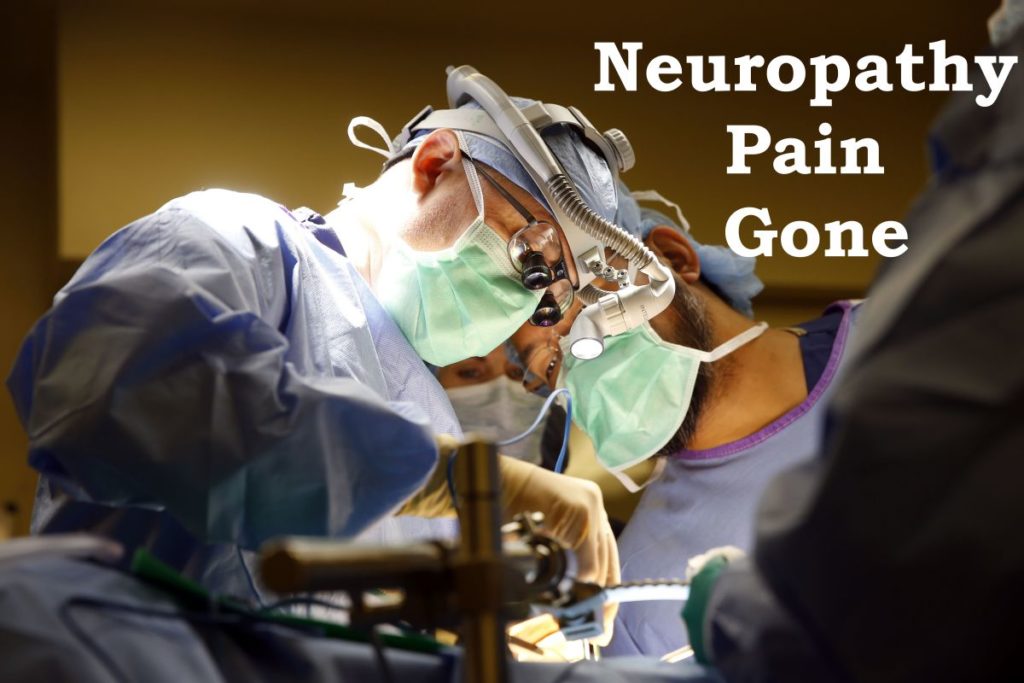Transforming Neurological Management: The Discoveries
Neuropathy, a condition that impacts millions of individuals worldwide, presents a significant challenge for both patients and healthcare professionals. Defined by nerve damage that can lead to pain, muscle weakness, and sensory issues, neuropathy can result from a variety of underlying causes, including diabetic conditions, injury, and autoimmune disorders. As the prevalence of this condition continues to increase, researchers and healthcare providers are actively seeking new methods to enhance the outcomes for patients and enhance the standard of care.
Recent advancements in neuropathy treatment have sparked hope for those dealing from this challenging condition. From groundbreaking therapies to new drug developments, the field of neuropathy care is changing rapidly. In this article, we will delve into some of the most recent breakthroughs that promise to revolutionize how neuropathy is perceived and treated, offering new avenues for alleviation and recovery for those in need.
Grasping Neuropathy
Neuropathy is a term that refers to a variety of issues associated with damage to the nerves outside the brain and spinal cord, that can affect how messages are sent between the central nervous system and the other parts of the organism. This injury can result in indications such as discomfort, pins and needles, numbness, and reduced strength, often making daily activities troublesome. Neuropathy can arise from various origins, including diabetes mellitus, infections, physical trauma, and toxic substance exposure, making it a complex health concern.
The disorder is often classified based on the particular type of nerve affected: afferent nerves, motor pathways, or autonomic pathways. Sensory neuropathy primarily affects the ability to sense stimuli, which can result in issues such as long-term pain or difficulty with movement. Motor nerve damage affects the control of muscles, leading to loss of muscle power and difficulties with movement. Autonomic nerve damage can interfere with unconscious processes, such as heart rate and digestion, which may result in grave health complications.
Grasping the underlying causes and dynamics of neuropathy is essential for formulating efficient treatments. Investigations in this field is ongoing, with innovative methods focusing on tailored therapies that address the root causes of nerve injury instead of only controlling the signs. This shift in perspective heralds a new phase in management of neuropathy, bringing hope for those affected by this challenging condition.
Groundbreaking Therapies and Interventions
Recent advancements in the field of neuropathy have led in a range of forward-thinking therapies and approaches aimed at relieving manifestations and boosting individual quality of life. One promising approach is the use of regenerative medicine, notably stem cell therapy, which has shown potential in restoring nerve injuries and promoting healing. Research studies are ongoing to evaluate the efficacy of these therapies in different neuropathic conditions, providing hope for those who have seen little improvement with conventional methods.
A further noteworthy development is the incorporation of neuromodulation techniques, such as transcranial magnetic stimulation and PNS. These non-surgical methods target the nervous system to change pain signals and boost nerve function. doctors for nerve pain near me reported significant decreases in discomfort and improved sensory perception, suggesting that these techniques could have a key role in the upcoming of nerve disorder treatment.

Moreover, innovations in pharmacological treatments are changing the way nerve disorders is addressed. New drugs focused on targeted neurological pathways are being developed with the goal of providing targeted relief with fewer side effects. These medications, which include novel categories of analgesics and anti-inflammatory agents, are being designed to tackle the specific issues posed by neuropathic pain, offering an additional strategy of approach for medical professionals and individuals alike.
Next Trends in Nerve Care
As research advances, a significant trend in nerve care is the incorporation of personalized medicine. Rather than a uniform approach, treatments will more and more be tailored to the individual patient’s genetic makeup, lifestyle, and specific nerve type. This individualized approach aims to optimize treatment effectiveness and minimize side effects, enhancing patient results and satisfaction.
Additionally, the rise of healthtech technologies and telemedicine is changing the management of nerve issues. Patients will have increased access to telemonitoring tools and virtual consultations, allowing for timely adjustments to their care plans. This movement not only enhances accessibility, especially in disadvantaged areas, but also enables clinicians to collect valuable data in real-time analysis, leading to more responsive and efficient treatment methods.
Finally, the exploration of innovative therapeutic avenues, including regenerative medicine and nerve regeneration techniques, holds potential for upcoming neuropathy treatments. Advances in stem cell therapy and bioengineering may eventually offer solutions that not only alleviate symptoms but also address the underlying causes of nerve damage. As research in these fields progresses, patients may soon benefit from breakthroughs that radically change the landscape of neuropathy care.